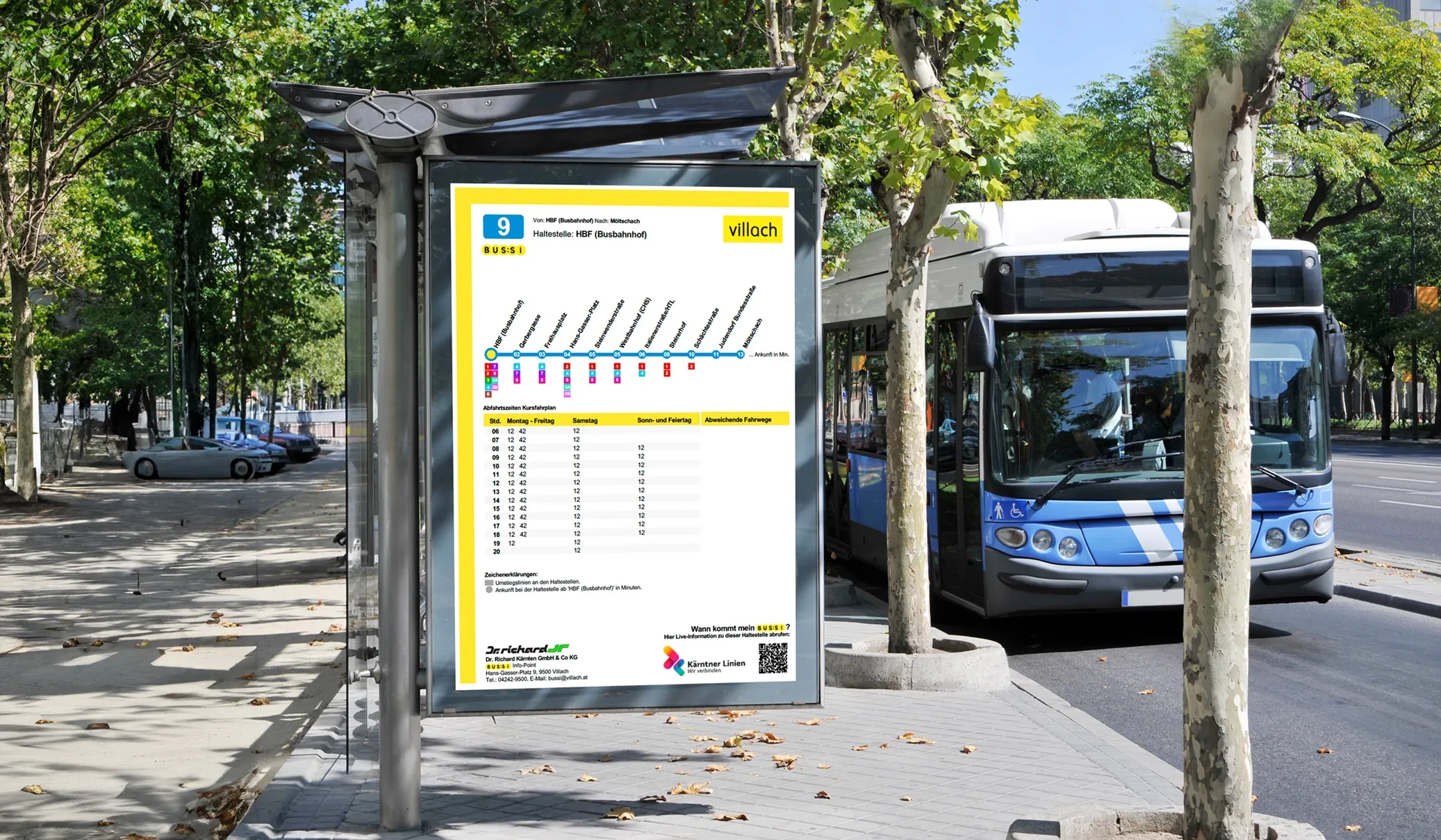The UK Highways Agency has awarded the US$589 million contract for the design, implementation, delivery and operation of the new free-flow charging system to sanef. The seven-year deal includes the opportunity to extend up to a further three years.
New technology will allow drivers to use the crossing without having to stop at the barriers to hand over payment. Road users will be able to pay through a variety of methods including telephone, text, online and at retail outlets. Pre-paid accounts which qual
October 7, 2013
Read time: 2 mins

The 1841 UK Highways Agency has awarded the US$589 million contract for the design, implementation, delivery and operation of the new free-flow charging system to sanef. The seven-year deal includes the opportunity to extend up to a further three years.
New technology will allow drivers to use the crossing without having to stop at the barriers to hand over payment. Road users will be able to pay through a variety of methods including telephone, text, online and at retail outlets. Pre-paid accounts which qualify for discounted journeys will also be available.
The vehicle detection, charging and enforcement management services contract includes: implementation of vehicle detection solutions which will be used as the basis to detect, charge and enforce the scheme; design and delivery of back office services required for operating a free-flow charging service; and operation of the back office services, including charge payment processing, account management, enquiry handling and enforcement management services for the life of the contract.
UK roads minister Stephen Hammond said: “I welcome this contract award which shows the Government delivering on its promise to provide improvements that will help traffic flow better at this crucial gateway. This will help thousands of drivers who use the crossing every day, and benefit both the local and national economy.”
“We are introducing new technology and road layout changes to change the way drivers pay to use the Crossing. Once it is fully implemented drivers will not have to stop at the barriers, but will pay for their journey remotely. This will reduce congestion and ease traffic flow,” said Nigel Gray, Highways Agency project manager. The contract covers the development as well as the ongoing operation of the new payment system. We remain on track to deliver this improvement in October 2014.”
Francois Gauthey chief executive officer of sanef, commented: “This contract award reflects our expert ability to deliver innovative, high quality projects in this field. We are pleased to have been selected for this scheme and we are keen to work with the Highways Agency to deliver these vital improvements at the Dartford crossing and help ease the pain for the drivers who are justifiably frustrated with the congestion.”
New technology will allow drivers to use the crossing without having to stop at the barriers to hand over payment. Road users will be able to pay through a variety of methods including telephone, text, online and at retail outlets. Pre-paid accounts which qualify for discounted journeys will also be available.
The vehicle detection, charging and enforcement management services contract includes: implementation of vehicle detection solutions which will be used as the basis to detect, charge and enforce the scheme; design and delivery of back office services required for operating a free-flow charging service; and operation of the back office services, including charge payment processing, account management, enquiry handling and enforcement management services for the life of the contract.
UK roads minister Stephen Hammond said: “I welcome this contract award which shows the Government delivering on its promise to provide improvements that will help traffic flow better at this crucial gateway. This will help thousands of drivers who use the crossing every day, and benefit both the local and national economy.”
“We are introducing new technology and road layout changes to change the way drivers pay to use the Crossing. Once it is fully implemented drivers will not have to stop at the barriers, but will pay for their journey remotely. This will reduce congestion and ease traffic flow,” said Nigel Gray, Highways Agency project manager. The contract covers the development as well as the ongoing operation of the new payment system. We remain on track to deliver this improvement in October 2014.”
Francois Gauthey chief executive officer of sanef, commented: “This contract award reflects our expert ability to deliver innovative, high quality projects in this field. We are pleased to have been selected for this scheme and we are keen to work with the Highways Agency to deliver these vital improvements at the Dartford crossing and help ease the pain for the drivers who are justifiably frustrated with the congestion.”









